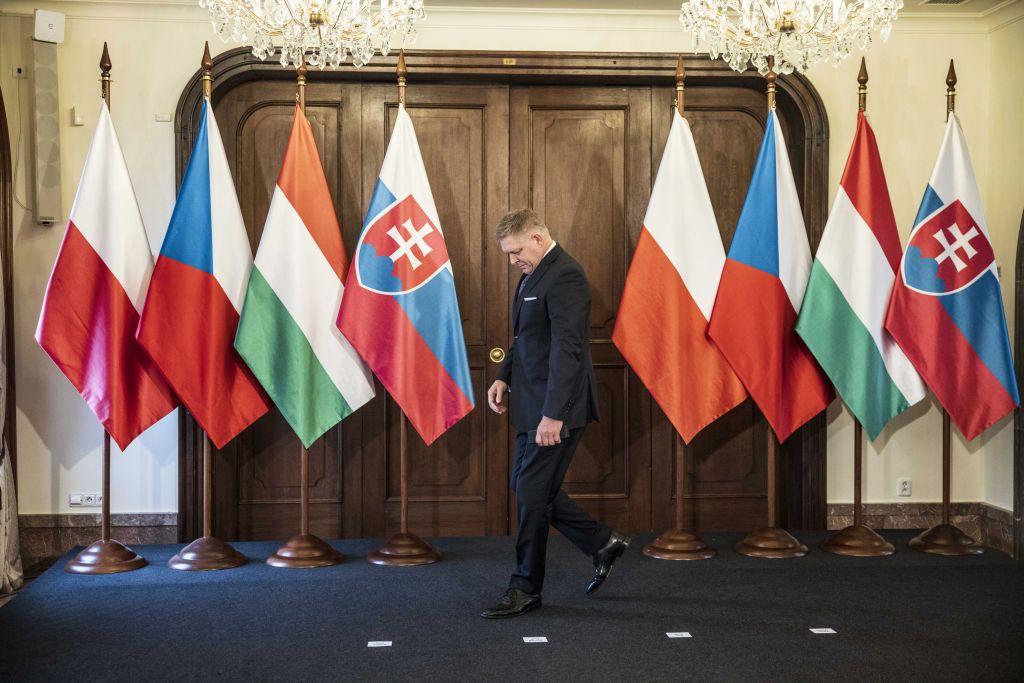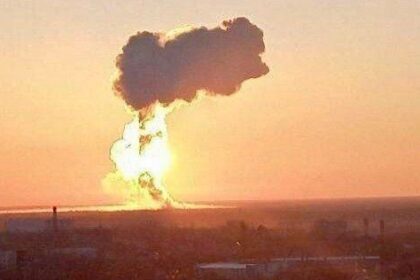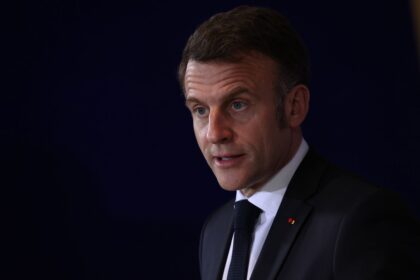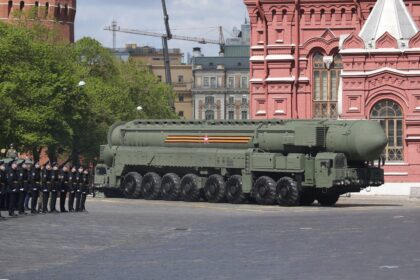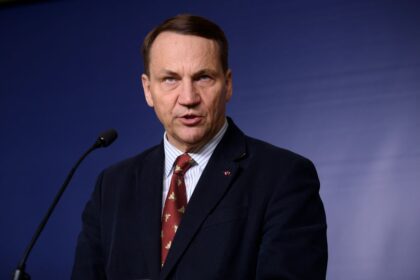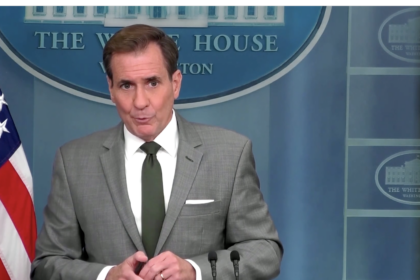**Slovakia Finally Agrees to EU Sanctions Package, Citing Written Guarantees and Compensation**
After six attempts at vetoing the measure, Slovakia has finally agreed to approve the European Union’s 18th sanctions package against Russia. Slovak Prime Minister Robert Fico made the announcement on July 17 in a post on Facebook.
Fico acknowledged that his country had repeatedly blocked the sanctions package due to concerns about the transition away from Russian oil and potential economic consequences. However, he stated that “all negotiating options have been exhausted” for now, and continuing to block the measure would put Slovakia’s interests at risk.
The key reason behind Fico’s change of heart seems to be the written assurances provided by the European Commission regarding the EU’s planned phase-out of Russian oil. The guarantees reportedly concern measures to mitigate the impact on gas prices, transportation fees, and potential shortages. Slovakia has also proposed using EU funds to compensate Bratislava for higher gas prices.
**New Details on Sanctions Package**
The 18th sanctions package is expected to include a new Russian oil price cap, which will lower the maximum cost per barrel to $47, down from $60. This represents a 15% reduction from the 22-week average price and marks a significant move by the EU to further restrict Russia’s energy exports.
The revised sanctions package will also see the oil price cap revised every six months instead of every three, according to sources within the bloc.
**What Does this Mean for Slovakia and the EU?**
Slovakia’s decision to approve the sanctions package is likely to ease pressure on the country from its European partners. The move may also help to improve Slovakia’s relations with other EU countries, which have been strained due to the country’s repeated vetoes of the sanctions measure.
However, some critics may view Slovakia’s approval as a form of concession to Moscow, given the country’s historical ties and current reliance on Russian energy imports. As the EU continues to phase out Russian oil, Slovakia will need to adapt to new energy realities and explore alternative sources to mitigate any economic consequences.
**Analysis**
The Slovak Prime Minister’s about-face on the sanctions package highlights the complexities of EU decision-making and the intricate web of interests that drive these processes. While some may see Slovakia’s approval as a sign of pragmatic compromise, others might view it as a concession to Russia or an indication of waning unity among EU member states.
It remains to be seen whether this development will mark a turning point in Slovakia-EU relations or simply a temporary truce amidst the ongoing crisis. One thing is certain: the Slovak government’s decision will have far-reaching implications for its energy policies, economic relationships, and international reputation.
Read More @ kyivindependent.com




